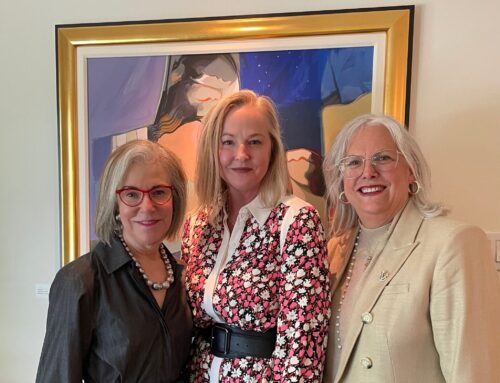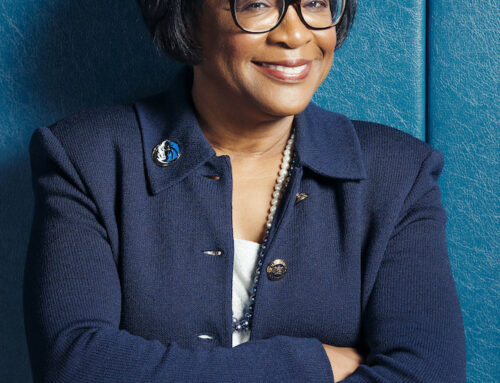In 1776, the Declaration of Independence was signed in response to the “history of repeated injuries and usurpations” by Great Britain that interfered with the moral imperative “that all men are created equal, that they are endowed by their Creator with certain unalienable Rights.”
Freedom to pursue unalienable rights did not come that day. Rather, the signers voiced their intention to advance a just community despite the resistance of systems that wanted to remain the same.
As I considered this time of revolution, I began wondering how we choose to engage voices that participate in the evolution of faith and culture. So I turned to the legacies of ancestors from faith traditions and society.
Moses faced resistance as he challenged the abuse of power that enslaved people and raised his voice to set them free.
Jesus confronted the institutions of religion that abandoned the commandment of God in favor of human traditions and the Roman Empire that exerted its power over people.
Moving through the centuries, Galileo is remembered for his scientific discovery of the sun as the center of the revolving earth. His discovery led to his being tried and convicted of heresy by the Roman Inquisition.
History credits Martin Luther for igniting a period of time known as the Reformation when his 95 Theses challenged church practices. Despite his faithful contributions to change, his statements contributed to his ex-communication from the Catholic Church.
More recent times echo the resilient voices of Sojourner Truth and Ida B. Wells, who were countercultural as abolitionist suffragettes.
Maybe you are familiar with the legacy of journalist and community organizer Anne McCarty Braden, who was arrested for defying racist real estate practices.
And although a national holiday honors Martin Luther King, he was among many persecuted for their commitment to the advancement of Civil Rights.
These are a few ancestors who participated in the evolution of faith and culture. Amid voices that resisted change and cried heresy, today they are revered for their contribution that moved community forward.
We are still reaching toward the moral imperative set before us to fulfill self-evident, unalienable rights of life, liberty and the pursuit of happiness for all people.
This summer the City Council of Dallas will consider adopting the Racial Equity Plan (REP) developed in partnership with community through the Office of Equity and Inclusion. The plan seeks to bridge the gap of inequity maintained by systems institutionalized decades ago and advance equity for all to live into our best selves.
Voices contributing to the REP challenge systems that cause repeated injuries that interfere with the pursuit of unalienable rights and marginalize neighbors of our city.
As our ancestors defied prevailing systems of their times, I wonder which side of ancestry we will be known for?
Will we choose to participate in the evolution of faith and culture, or bear the legacy of ancestors that condemned and crucified those outspoken on behalf of beloved community?
What kind of ancestor shall we choose to be?






